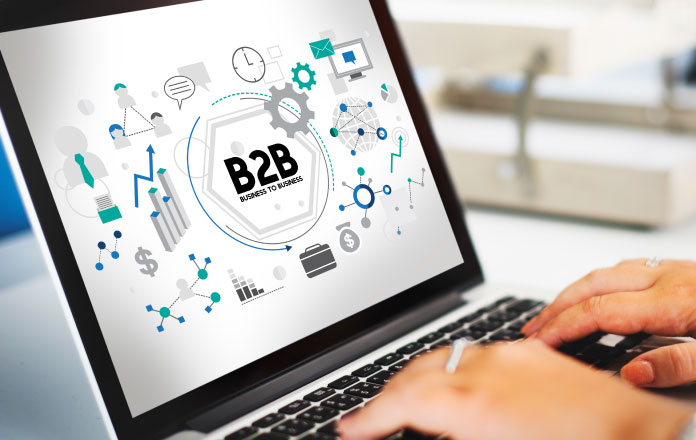India’s B2B marketing landscape is evolving rapidly, driven by digitalization, the adoption of emerging technologies, and personalized customer service. Consequently, businesses need to consider what industry leaders see as key trends that define the future of B2B marketing.
One of the crucial strategies that is growing now is account-based marketing (ABM). SiriusDecisions’ report shows that 92% of B2B marketers rely on ABM as a significant approach, and 60% witnessed improved attention stemming from the process. “ABM is gaining traction, especially among large Indian corporations and IT services companies targeting global clients,” says Hariom Seth, founder of Tagglabs. He further highlights the importance of personalized customer experiences, as B2B firms in India invest heavily in CRM systems and data analytics. In the research done by Aberdeen Group, personalization helps to improve the business results by 88%, the conversion and rate by 63%, and the customer experience by 61%, and increases visitor engagement by 57%.
The significant role of mobile-first strategies and content marketing in regional languages should not be overlooked, given the array of languages our country has. He added that WhatsApp is uniquely famous for business communication in India, and social selling on LinkedIn is gaining momentum.
Emerging technologies such as AI and machine learning are revolutionizing the B2B marketing environment. Salesforce research demonstrates that 51% of B2B marketers use AI, and 58% notice enhanced targeting and personalization. “AI and machine learning revolutionize B2B marketing by enabling better audience segmentation and personalized campaigns. Large IT services companies are leading the way in leveraging AI for predictive lead scoring and personalized marketing.” Saif Ahmad Khan, founder of LEDSAK, said. He points out that using chatbots and analytics enables marketers to know the customers’ behavior and optimize campaigns. “AI-powered tools are making marketing messages more effective and improving ROI through programmatic advertising,” he added.
Marketing techniques are changing; lead generation is not left behind. “Gated assets like whitepapers, eBooks, and case studies are highly effective for attracting interested prospects. Webinars and virtual events offer real-time engagement and demonstrate expertise, while LinkedIn remains a key platform for B2B lead generation,” Khan said. LinkedIn is still important as it is ranked 61% by B2B marketers as the best channel they use in lead generation. Ms. Arunima Singh, Asymmetrique COO, suggests that “Leveraging existing client relationships for referrals is also becoming increasingly important.”
We will now turn our focus to the fact that content is central to B2B marketing. “Case studies with local success stories and whitepapers on Indian regulatory environments are in high demand. Video content, especially in regional languages, is gaining traction, along with webinars and interactive infographics,” Seth said. He added that Webinars, podcasts, and interactive formats are proving effective as they recreate the engagement of physical discussions and build confidence among decision-makers.
The trends defining B2B marketing in India today revolve around personalization, the rise of AI and machine learning, how suitable leads are generated and using content that can successfully speak to different audiences. As noted, the growth of the digital business environment continuously creates new opportunities for updating B2B marketing strategies to meet clients’ needs.
For more information, click here.




